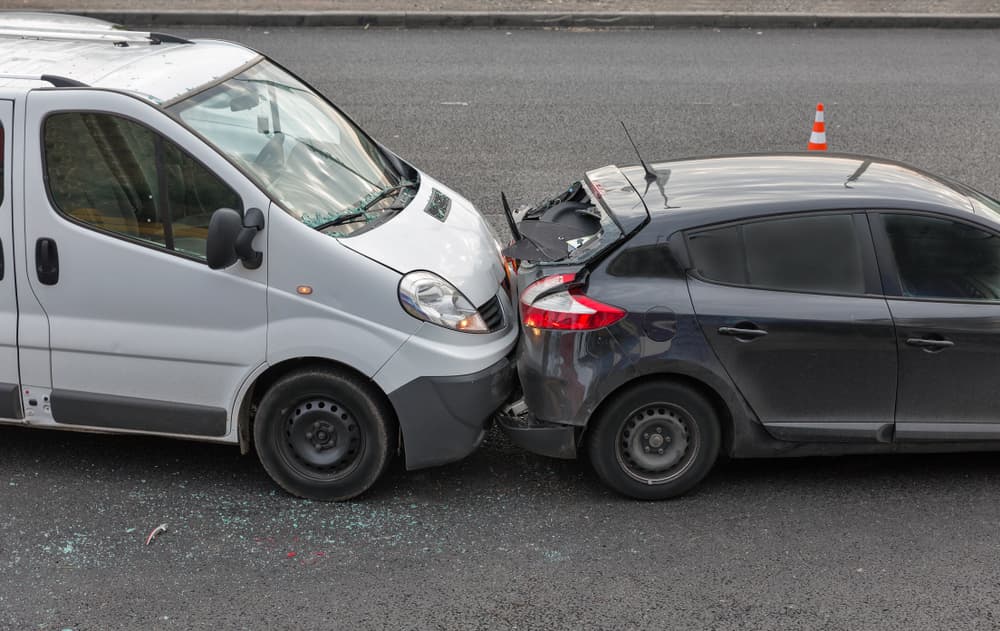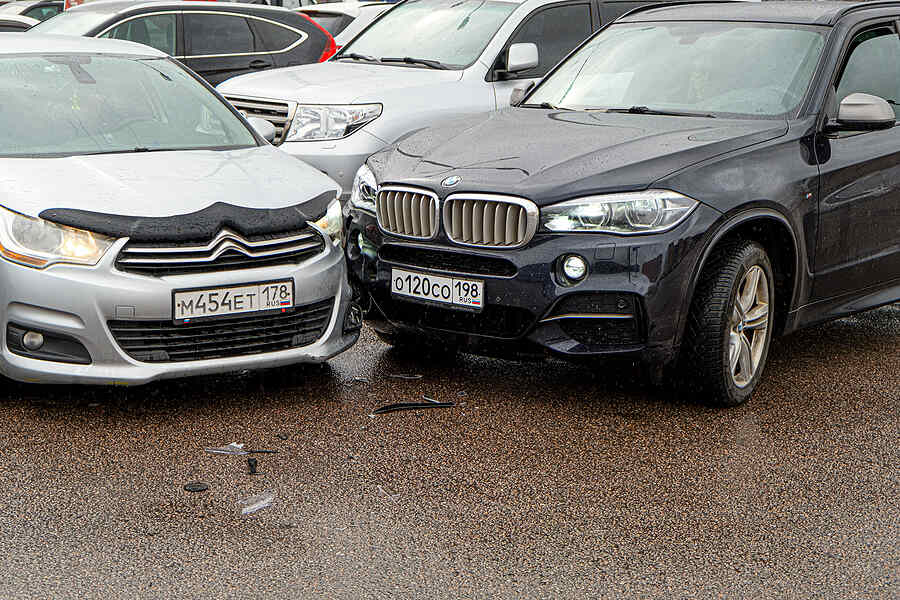Schedule a Free Initial Consultation
Social Media Posts Can Be Used as Evidence
 To understand how your social media activity could affect your case, keep in mind that the things that you post could be used as evidence, either in court or in settlement negotiations. For example, if you posted something like “Just got into a car accident after sending a text!” it is fairly certain that it could be used as evidence of the fact that you were distracted at the time the accident occurred.
Another way in which your social media posts could be used against you has to do with establishing the severity of your injuries. For instance, if you are unable to work because of a severe whiplash injury but post pictures of yourself engaging in activities that require you to move around or which give the impression that your injuries are not as severe as they are, it could be used as evidence that you are overstating the extent or nature of your injuries, even if this is not the case.
To understand how your social media activity could affect your case, keep in mind that the things that you post could be used as evidence, either in court or in settlement negotiations. For example, if you posted something like “Just got into a car accident after sending a text!” it is fairly certain that it could be used as evidence of the fact that you were distracted at the time the accident occurred.
Another way in which your social media posts could be used against you has to do with establishing the severity of your injuries. For instance, if you are unable to work because of a severe whiplash injury but post pictures of yourself engaging in activities that require you to move around or which give the impression that your injuries are not as severe as they are, it could be used as evidence that you are overstating the extent or nature of your injuries, even if this is not the case.
Be Mindful of Your Social Media Activity to Protect Your Car Accident Personal Injury Claim
If you've been involved in a car accident, it's important to be mindful of what you post online. Your social media activity can be used as evidence in your case, and it can have a significant impact on the outcome. Here are some things to keep in mind about social media use and car accident cases in Illinois:
- Be careful what you post. Anything you post on social media can potentially be used against you in court. For example, if you post photos of yourself engaging in physical activities that contradict your claim of being injured in the accident, the defense could argue that you are not as injured as you claim to be. Similarly, if you post about the accident or your injuries in a way that contradicts your testimony in court, it could be used to impeach your credibility. Therefore, it's best to avoid posting anything related to your case on social media, including photos, comments, or status updates.
- Deleting does not always remove posts. Deleting posts or photos after an accident might seem like a solution, but it's essential to recognize that deleted content can still be retrieved through digital forensic methods. Avoid the temptation to delete posts impulsively as doing so may appear as though you're trying to hide something.
- Don't accept friend requests from strangers. After a car accident, it's common for insurance adjusters and defense attorneys to try to gather information about you by sending friend requests on social media. They may use fake profiles or even create a fake persona to get you to accept their request. Once you accept their request, they can access your profile and use any information they find against you. Therefore, it's best to only accept friend requests from people you know and trust.
- Monitor your social media activity. You should monitor your social media activity throughout the entire legal process. Changes in circumstances or new developments in your case may require adjustments to your online presence. Stay proactive and inform your attorney of any significant changes. Relatedly, you should keep in mind that the parties involved can still gain access to you social media posts through screenshots others submit to them. Even if you're cautious about your own posts, friends or acquaintances may tag you in their content or mention details about the accident. Monitor and control tags and mentions to prevent unintentional disclosure of information that could be used against you.
- Be mindful of your privacy settings. Social media platforms offer various privacy settings that allow you to control who can see your posts and profile. It's important to review your privacy settings and make sure that you're not inadvertently sharing information that could harm your case. For example, if your privacy settings allow anyone to see your posts, even if they're not your friend, the defense could use that information against you in court. Therefore, it's best to set your privacy settings to "friends only" or even "private" to ensure that your posts are only visible to people you trust.
- Be honest about your injuries. It's crucial to be truthful about your injuries and the impact they have had on your life. If you post photos or comments that contradict your claim of being injured, it can harm your case. Conversely, if you downplay your injuries on social media, the defense could argue that you are not as injured as you claim to be. Therefore, it's best to be honest and consistent about your injuries both in court and on social media.
- Don't discuss legal matters online. Refrain from discussing legal aspects of your case or interactions with insurance companies on social media. Anything you say or admit online can be used against you. Save discussions about your case for private conversations with your attorney.
- Social media posts show your life. Social media provides a glimpse into your lifestyle, habits, and character. Be aware that defense attorneys may try to use your online presence to make inferences about your personality, daily activities, or habits. The defense may then use that information against you in court or during settlement negotiations.
- Social media posts contain geolocations and timestamps. Social media platforms often include geolocation and timestamps in posts and photos. Insurance companies and defense attorneys can use this information to track your activities and verify your location at the time of the accident. It's crucial to disable geotagging and be aware of the timestamps on your posts.
- Consult with your lawyer before posting anything related to your case. If you're unsure whether something you want to post could harm your case, it's best to consult with your lawyer before posting it. Your lawyer can review the post and advise you on whether it's safe to share. It's always better to err on the side of caution when it comes to social media and your case.
Social media use can have a significant impact on your car accident case in Illinois. It's important to be mindful of what you post and who you accept as friends on social media. Your best bet is to avoid posting anything related to your case on social media, and if you're unsure about a post, consult with your lawyer before sharing it. By following these tips, you can help ensure that your social media use doesn't harm your case.



